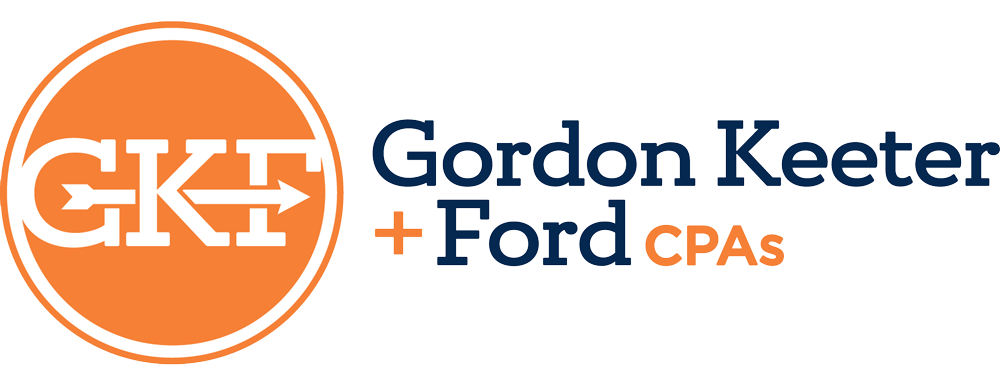You are a good candidate for a lease if all of the following apply:
- You trade cars every 1 to 3 years.
- Drive a predictable number of miles annually.
- Take good care of your cars.
Lease Advantages:
- Low down payment and monthly payments.
- Small repair bills.
- Often drive a nicer/newer car.
Continue Reading
Under current law, if the home has been used for ANY purpose other than as your primary residence after December 31, 2008, you may owe tax on the sale even if your gain is below the exclusion amounts. If you are considering selling a second home, please contact us for a more detailed analysis of the tax implications under the current rules.
If you are considering refinancing, keep the following in mind: 1) When comparing rates make sure you also consider all fees involved. The lowest rate is not always the best deal. 2) Generally, avoid paying upfront points on your loan. 3) A fixed rate mortgage offers security from rate increases. 4) An ARM may be advantageous if you do not plan to be in your house long term. Note: There are many online calculators that can help in comparing your options. Also, contact several banks, mortgage brokers and online services before refinancing. If you refinance this year, please remember to keep the closing statement, also known as the HUD-1, and provide us with a copy next year. This statement includes important tax information, including potential tax deductions for the year of purchase.
If you plan to purchase a home this year, before purchasing, we recommend you do the following: 1) prepare a budget; 2) pull a credit report; 3) search for the best value (combination of interest rate, fees, term). Do not buy more house than you can afford. Try to acquire a home equity line of credit for emergencies at the same time. Remember to keep a copy of your closing statement, also known as the HUD-1, and provide us with a copy next year. This statement includes important tax information, including potential tax deductions for the year of purchase.
Since mortgage rates are low consider refinancing an adjustable rate mortgage with a fixed rate loan, preferably 15 years or less, to lock in a low rate before rates rise. A fixed rate loan will provide you with certainty.
A home equity line of credit is a loan against the equity in your home that allows you to borrow and repay the loan as often as needed. An equity line is used to: 1) Create reserve funds available for such purposes as paying bills after a job loss, auto purchase, college, etc. 2) Bridge short-term cash needs. 3) Payoff or avoid incurring nondeductible consumer interest (auto loans, credit cards, etc.) Interest on home equity debt used for any purpose is deductible on balances up to the lesser of $100,000 or the fair market value of the home, less total acquisition debt. Interest on home acquisition debt is deductible on balances up to $1,000,000, however, if home acquisition debt exceeds $1,000,000, then up to $100,000 of it can be deemed home equity debt increasing the total debt ceiling for the home mortgage interest deduction to $1.1 million. For AMT purposes, home equity debt is not deductible.
If you have a vacation home and a primary residence, you will need to keep records to reflect which home will be considered your primary residence. Residency is based on all facts and circumstances including the following: amount of time spent in each state, where you are registered to vote, the state your driver's license is in, where you receive your mail, etc. Keeping good records is essential. This information will be used to determine your state of residency and potential gain exclusion on future sale of residence.
